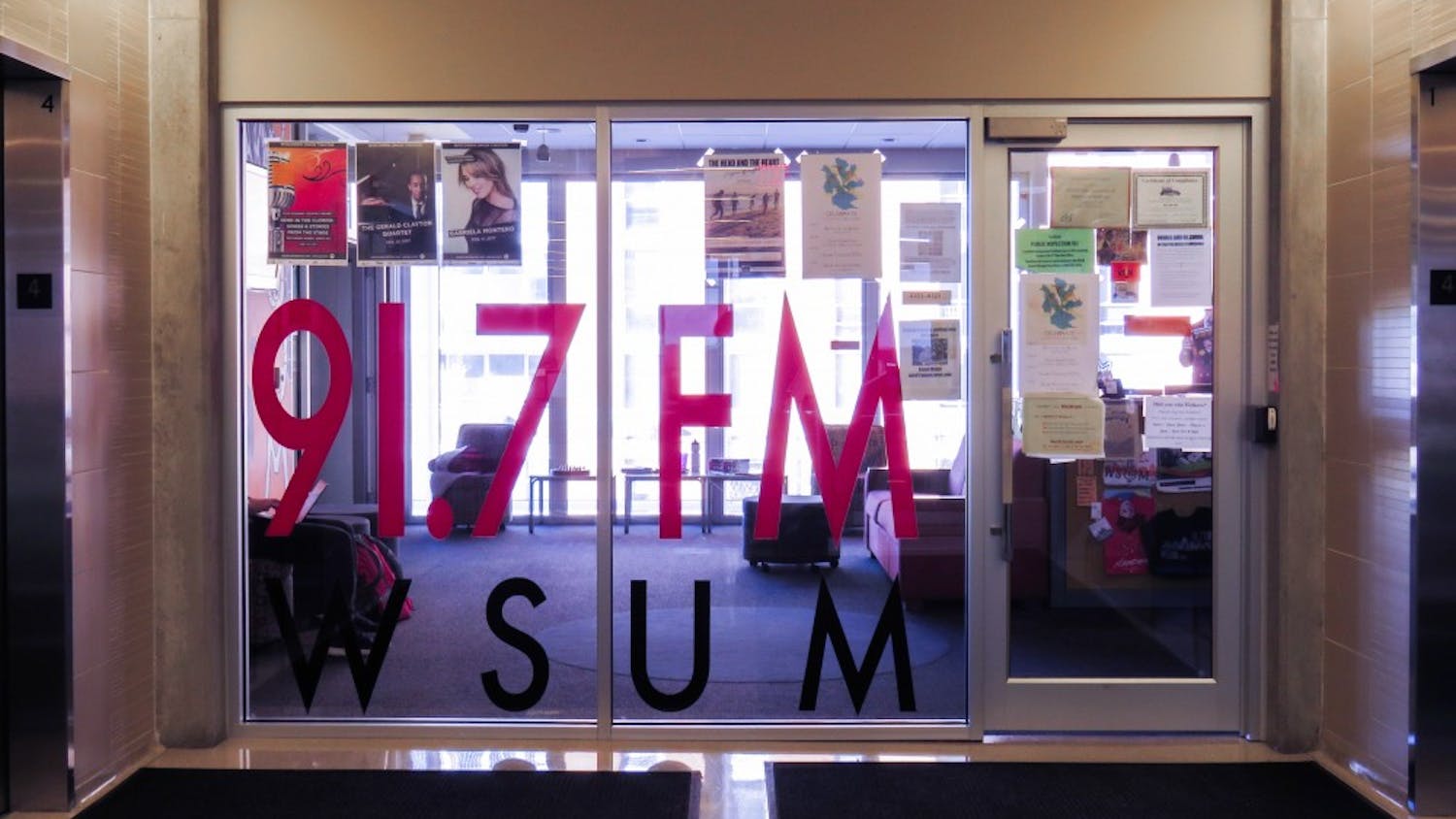(Some spoilers are present in this review.)
Answering to a myriad of alter egos — ranging from Young Sinatra to Bobby Tarantino — Logic, the 29-year-old emcee best known for his machine gun flows and decadence in the realm of lyricism, has never been dubious of his aptitude in walking the line of versatility when it comes to music. Whether it be in the simmering aura of a rowdy nightclub or a desolate walk amidst an early spring drizzle, his discography has aimed to transcend the bounds of what artistry is by giving the listener something to digest for every time and place in their waking hours.
Paralleling that incentive, Hall has pushed to enthrone himself as one of the emissaries to the entertainment industry through his eclectic disposition in storytelling. He does so now on a grander stage with the coming of “Supermarket,” a self-proclaimed book of “exploration into madness and creativity.” It chronicles the fictitious tale of Flynn, a societal drag and aspiring novelist that looks for writing inspiration in the mundane happenings of his rural, ethnically unambiguous Oregonian town in the form of a 9-to-5 supermarket job. But, as the recurring climatic line “how do you kill a man that doesn’t exist?” denotes, the depressed writer engrains himself into the backdrop of his to-be novel more than he bargained while creating an unforgettable bond between crime perpetrator and psychological distress, all in the setting of a rundown grocery store.
The murky, mind-twisting excavation of Flynn’s repressed and subconscious turmoils makes the entirety of the 256-page read a trip, even in the colloquial sense. Touching on psychogenic topics such as derealization disorder and schizophrenia, “Supermarket” takes a literal step into the sporadic thoughts and tribulations of the narrator’s inner unrest, while coating him with a cool guy cadence that serves as relief against the looming presence of his perceptive incongruences. Thrown in is the bubbly romance between Flynn and his stunning coworker, Mia, which, though a bit unoriginal and foreseeable, further establishes the plotline with the addition of other characters.
Speaking of characters, Hall does a service to each one’s inclusion in the text by making their appearances paramount in the grand scheme of things. In the yawning scenery of Muldoons, the dilapidated food emporium Flynn is employed at, there are paradoxical characters around each corner, spanning from an elderly black man who is better at chess than da Vinci was at painting to a quick-witted womanizer named Frank who trots around the store with megalomaniac tales of screwing every broad who steps foot inside, all wrapped in an ego so bloated it would give Kanye a run for his money.
The combination of these quirky folks provides Flynn with a whole keg’s worth of writer fluid, actuating him to divest his energy into the creative brainstorm that had been wreaking havoc on his mind. Then, in a implausible shift of events, he starts to have hallucinogenic episodes, resulting in an onslaught of stress-induced panic attacks on the floor of Muldoons, marking the end of part one.
Weighted down by crippling anxiety and depression in the real world of superstardom, Hall’s aching mind sought for catharsis through the novel’s first half, shining a beacon of hope through a false façade of stability. Flynn’s distress bears semblance to Hall’s agonizing grapple with mental health and mirrors the rapper’s fight with his subconscious. With the commencement of part two, written and taking place years later, both Bobby and Flynn are disparate from their former selves and ready to slay the mental demons shackling them down. In the end, both provide a guide to the reader as to how they can break through their own supermarket, no matter what it may be.
Etching his name in the history books by becoming the first rapper to tackle the New York Times Best Seller List, the contemporary Renaissance Man added another diamond in his chain of milestones. Whatever the occasion, the poverty-bred-turned-millionaire has shown that even a high school dropout like himself can become a littérateur.
Hall — or Logic, rather — has preened his persona over the decade, evolving into a multi-platinum, Grammy-nominated music tycoon that is looking to grab the rest of the entertainment industry by the throat. And, with an accompanying indie-pop experimental soundtrack to “Supermarket,” he has set out on a path to do just that. This all occurred after the unexpected announcement of his forthcoming sixth studio LP, Confessions of a Dangerous Mind. It featured a four-minute video of Logic rapping over a melancholy beat and backdrop, discussing the perils of fame and social media while a gash on his neck progressively causes blood to cascade down his body. As a creative energizer, his tenacity and ingenuity is sure to bring content for years to come, with self-reports from Hall citing a movie in the works, as well as a second novel.






